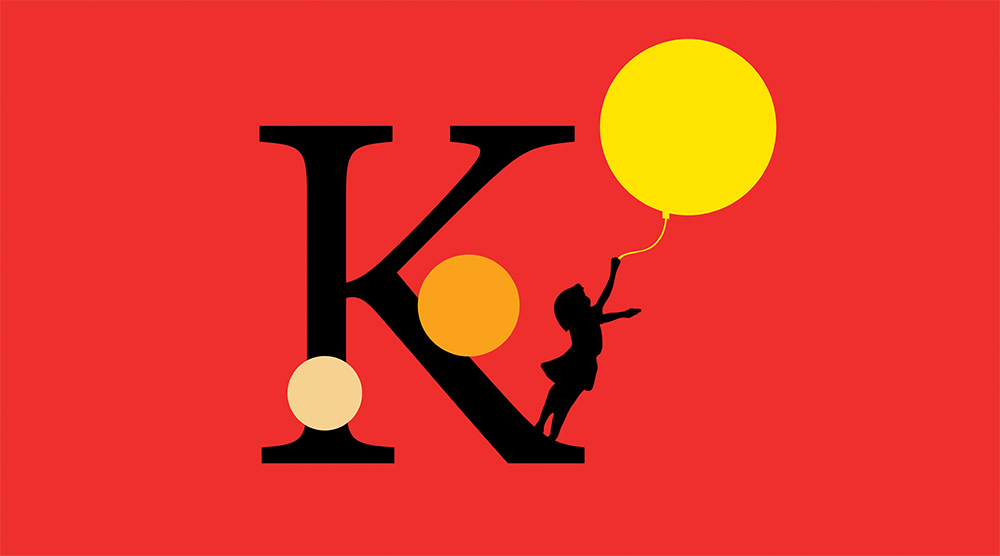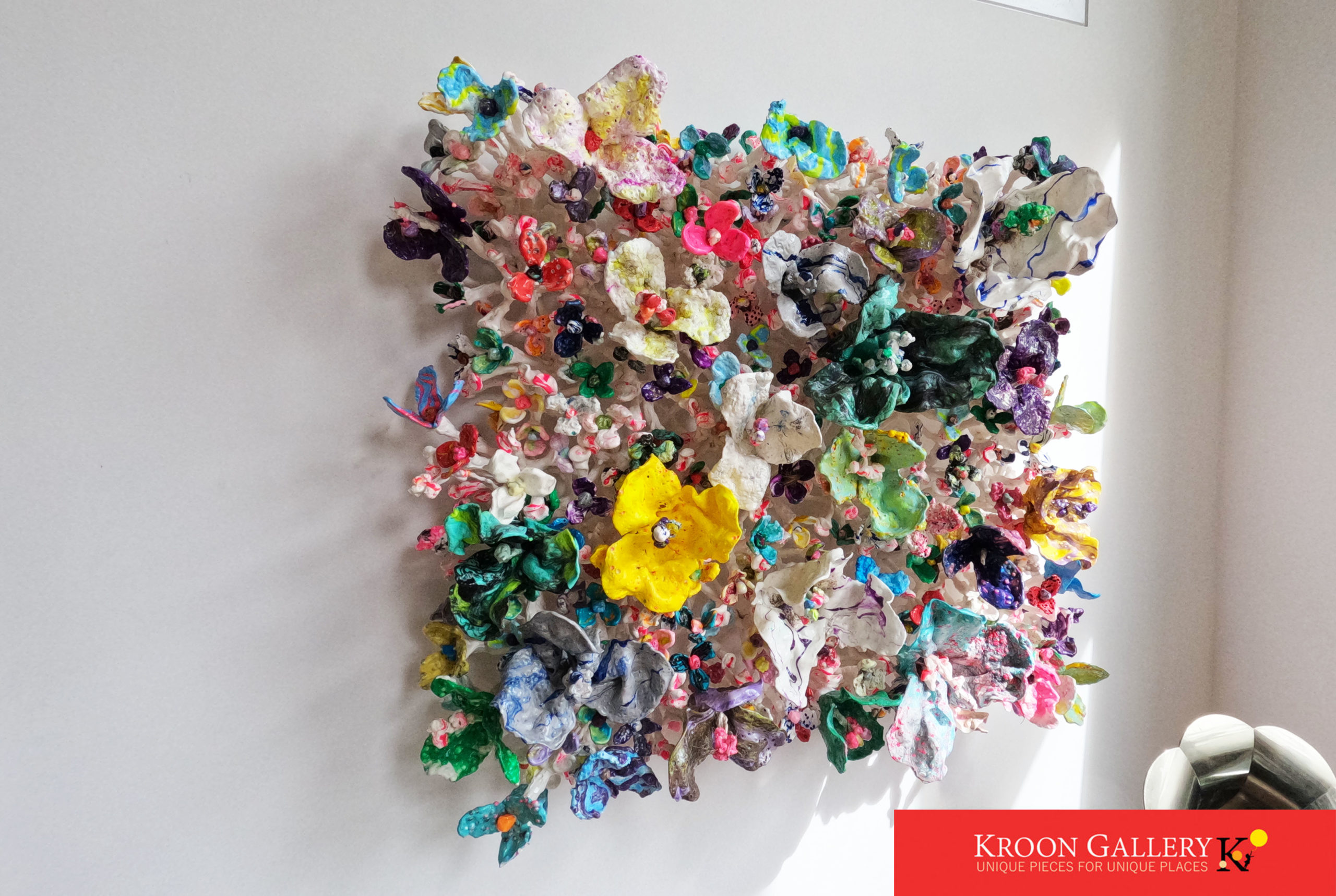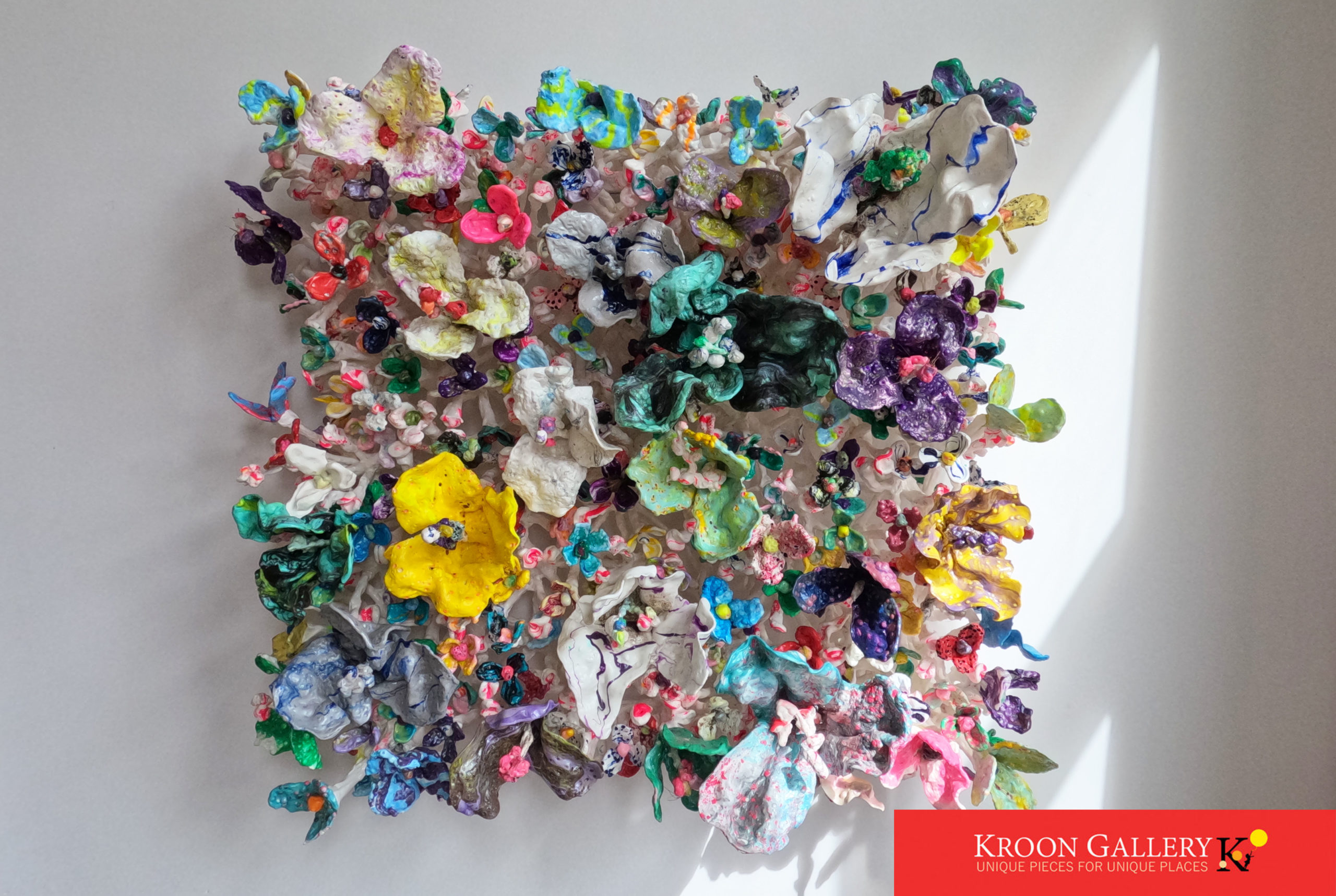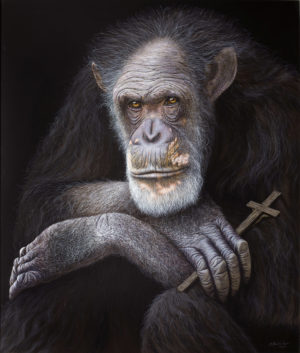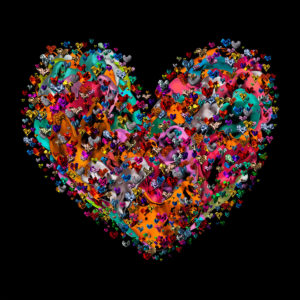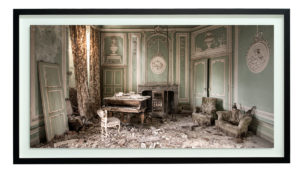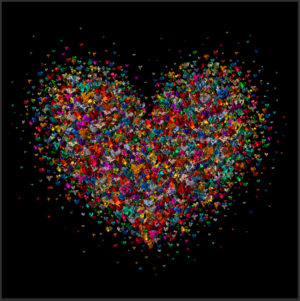Flower Bonanza (extra vaganza) – By Stefan Gross
€7.300
Stefan Gross
Stefan gross | Impressionism in bioplastic (1964), geboren in Bendorf, Duitsland begon zijn carrière als leerling in de praktijk van de glas-in-loodproductie. In 1988 werd hij een meester in de praktijk en besloot hij zijn kunststudies voort te zetten aan de Kunstacademie HBK Saar in Saarbrücken. In 2006 ontwikkelde hij een eigen materiaal dat hij nu voornamelijk gebruikt: ‘olieplastic’. Het is het resultaat van het verven van industrieel plastic met klassieke olieverf. Het is oppervlak en verf in één en stelt Stefan Gross in staat het geverfde oppervlak driedimensionaal uit te breiden. ‘Oil plastic’ is doorschijnend en gedraagt zich bij een relatief lage temperatuur als glas. Veel van het plastic dat Gross gebruikt, wordt gerecycled. In zijn werk verbeeldt Stefan Gross op kleurrijke wijze de val van een op groei gebaseerde samenleving. ‘De wereld is tegenwoordig een serieuze plek. Dit is een probleem dat ik in mijn werk behandel. ‘ Hij laat de schoonheid en het potentieel van industriële productie zien in een terugblik op de tijd waarin we nu leven.
Flower Bonanza – Extra Vaganza
105 x 105 x 25 (+/-) cm
Bioplastic sculpture
(1964), Stefan gross | Impressionism in bioplastic, born in Bendorf, Germany, started his career as an apprentice in the practice of stained glass production. In 1988 he became a master of practice and decided to pursue his art studies at the Art Academy HBK Saar in Saarbrücken. In 2006 he developed his own material that he now mainly uses: “oil plastic”. It is the result of painting industrial plastic with classic oil paint. It is surface and paint in one and enables Stefan Gross to expand the painted surface three-dimensionally. “Oil plastic” is translucent and behaves like glass at a relatively low temperature. Much of the plastic Gross uses is recycled. In his work, Stefan Gross colorfully depicts the fall of a growth-based society. ‘The world is a serious place these days. This is a problem that I deal with in my work. ‘He shows the beauty and the potential of industrial production in a look back at the time in which we now live.
